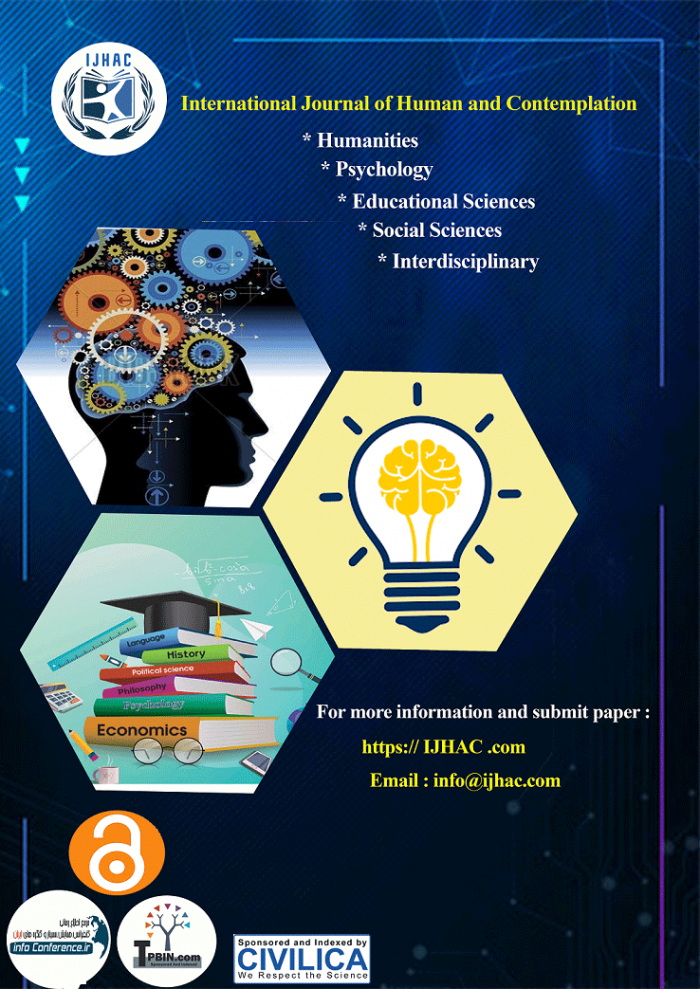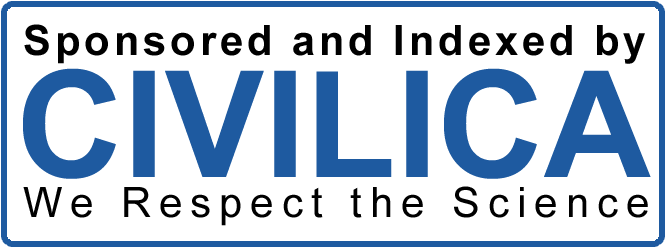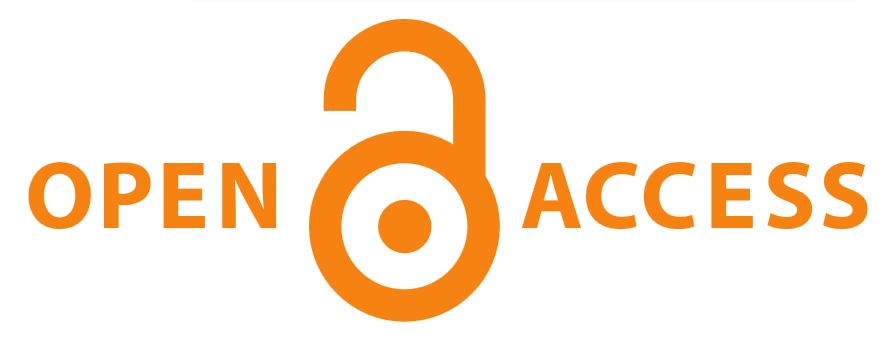A review of the effects of lying and how people deal with this crisis: A review of the best evidence
Volume 1, Issue 1, 2024, Pages 26 - 38
1 Department of Medicine at Privolzhsky Research Medical University, Nizhny Novgorod, Russia
2 Department of Mechanical Engineering, Karaj Islamic Azad University, Karaj, Alborz
Abstract :
Health literacy encompasses a wide-ranging concept that has been defined in various manners. It is a crucial aspect of daily life, along with related factors. Deception is a significant factor that can detrimentally impact mental health, warranting attention from therapists in making decisions regarding diagnosis and treatment amidst physical and mental distress caused by dishonesty and deceit. Deception and hypocrisy represent a prevalent global crisis. Given the substantial impact of this issue and its management on various aspects of life, it is beneficial to assess clients' health literacy levels to enhance their well-being prior to conducting any research. This study's methodology aims to examine global research literature on lying and hypocrisy and their effects on individuals' health. The review article critically evaluates the best evidence in response to the question of how to analyze deception. The topic was explored in international scientific databases, and all relevant English articles were compiled. Subsequently, article abstracts were scrutinized, and redundant and irrelevant items were eliminated through multiple stages, resulting in the selection of final articles for comprehensive review and data extraction. The issue of health literacy, based on articles pertaining to the prevention of lies and hypocrisy and symptom management, was found to be impactful. The collective findings of these studies were then reviewed and synthesized.
Health literacy encompasses a wide-ranging concept that has been defined in various manners. It is a crucial aspect of daily life, along with related factors. Deception is a significant factor that can detrimentally impact mental health, warranting attention from therapists in making decisions regarding diagnosis and treatment amidst physical and mental distress caused by dishonesty and deceit. Deception and hypocrisy represent a prevalent global crisis. Given the substantial impact of this issue and its management on various aspects of life, it is beneficial to assess clients' health literacy levels to enhance their well-being prior to conducting any research. This study's methodology aims to examine global research literature on lying and hypocrisy and their effects on individuals' health. The review article critically evaluates the best evidence in response to the question of how to analyze deception. The topic was explored in international scientific databases, and all relevant English articles were compiled. Subsequently, article abstracts were scrutinized, and redundant and irrelevant items were eliminated through multiple stages, resulting in the selection of final articles for comprehensive review and data extraction. The issue of health literacy, based on articles pertaining to the prevention of lies and hypocrisy and symptom management, was found to be impactful. The collective findings of these studies were then reviewed and synthesized.
Keywords :
lies and hypocrisy, mental health, best evidence review
lies and hypocrisy, mental health, best evidence review









